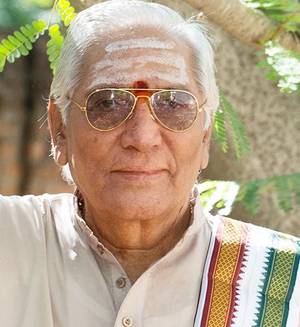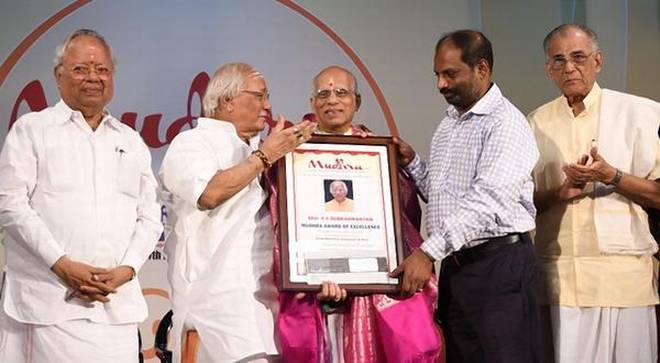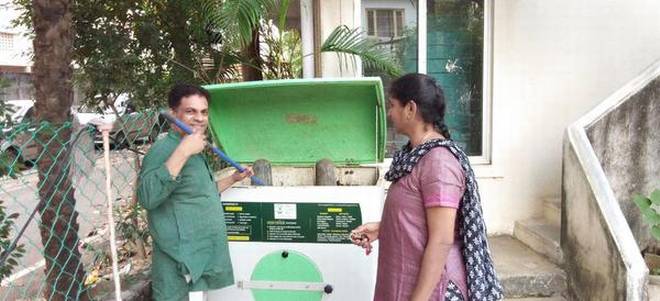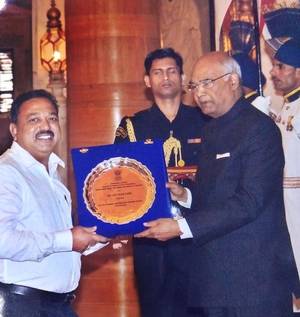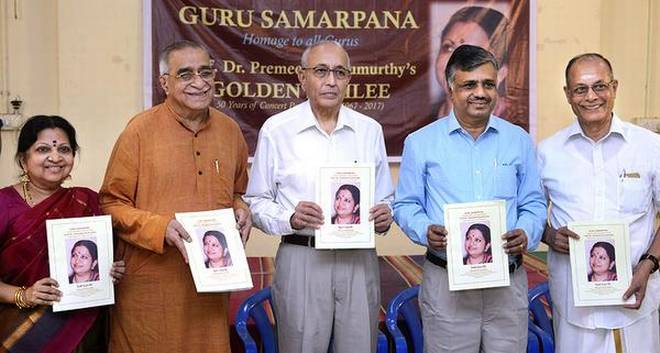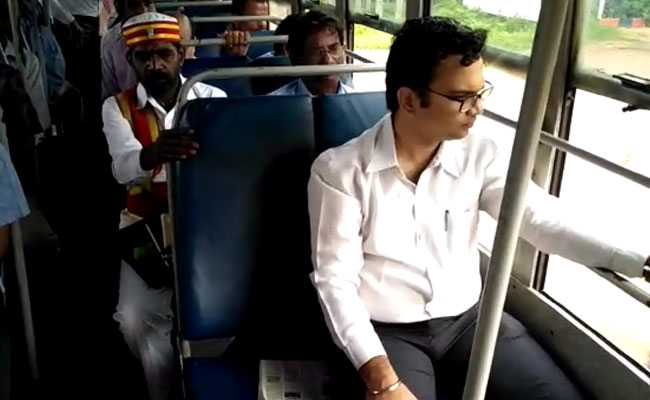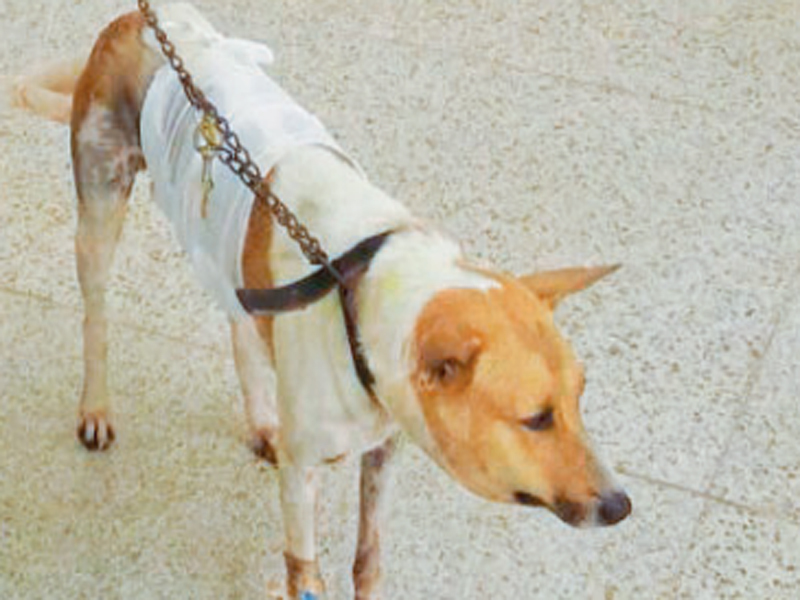
______________________________
HIGHLIGHTS
Chennai :
Soon, patients seeking a heart transplant could be left with two— including one in the tummy. City-based cardiac surgeons have put an extra heart in the tummy of two dogs to see if it could help those with a weak heart survive. The answer was yes.
A Frontier Lifeline team has sought the state transplant authority’s permission to retrieve ‘misfit’ hearts from donors for ‘piggyback transplants’ in patients not fit for a full-fledged heart transplant.
On Tuesday, when a few heart transplant surgeons presented their experiment to other heart surgeons and Transtan officials, they admitted they would have to do larger human trials to see if it will be successful. “We will be forwarding the recommendation to the government,” said Transtan member secretary Dr P Balaji.
Surgeons discard donor hearts if their pumping capacity is below 30%. On the contrary, many patients with heart failure may not be able to go in for transplants because of multi-organ failure or other complications, said Frontier Lifeline chief Dr K M Cherian. Such patients will require a left ventricular assist device, a mechanical pump implanted inside the s chest to help a weak heart pump blood. “That machine costs up to Rs 1 crore, he said.
Dr Cherian said, “Instead if we give them an additional heart that is marginally functioning, itcan save money and life,” Doctors call this ‘bio-left ventricular assist device.’ Earlier this year, doctors in Coimbatore did heterotropic heart transplants, where they left an additional smaller heart in the chest cavity of a patient. Doctors say by leaving the heart in the abdomen — and thereby avoiding cutting open the chest — they can reduce surgical risk by several times.
Heterotropic abdominal heart transplants,leave the patient’s existing organ in place unlike a heart transplant. The new heart doesn’t replace the heart but helps it do its job. “It can be a bridge to transplant until the patients get fit, or it can just be the treatment required,” said heart-and-lung transplant surgeon Dr Madhu Shankar of Frontier Lifeline.
During the animal experiment, doctors connected the donor heart to abdominal portion of the aorta and other major blood vessels in the abdomen. “In dogs, we found that thisheart worked as ‘assistant’ to the existing heart. While one of them died on the first day because it did not have adequate amount of donor blood, theother was alive for 48hours walking and taking feed,” said Dr Madhu Shankar. Tests and scans done on the animal showed that the second heart was pumping with efficient cardiac output.
Postmortem on the two dogs showed that their heart muscle was viable. “It indicates the success of the transplant,” said Dr Shankar. The hospital has now sought permission from the ethics committee for clinical trial. “It may take some time before it this becomes a bedside therapy, but we should make a beginning.”
source: http://www.timesofindia.indiatimes.com / The Times of India / News> City News> Chennai News / by Pushpa Narayan / TNN / December 11th, 2017
